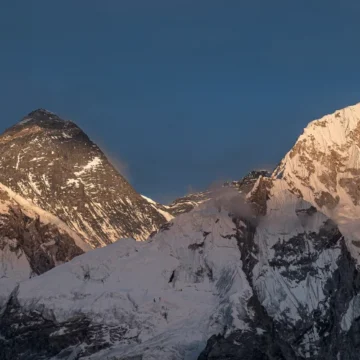
Top 15 Best Camping Treks in Nepal? Places & Best Time
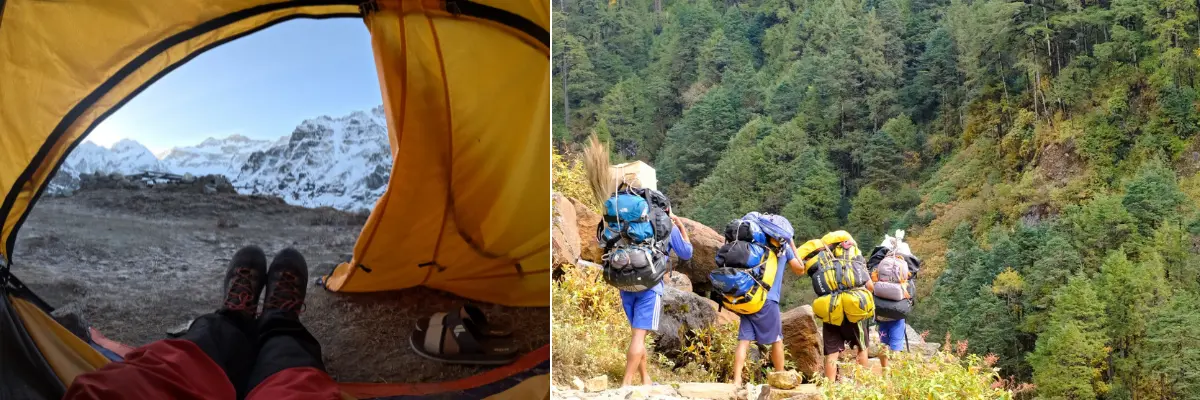
Table of Contents
Nepal, a magical land of diversity, is a country of staggering mountains and some of the most beautiful treks. Trekking in these rugged Himalayas is one of the most exciting adventures for people from all around the globe. Not just about teahouse trekking, camping treks in Nepal are equally adventurous activities that tourists like to do.
For those looking for raw nature, solitude, and a deep connection with the Himalayas, camping treks in Nepal could be the best choice. Unlike teahouse trekking, trekkers get to eat and sleep under billions of stars instead of teahouse rooms. Likewise, you can start a bonfire and soak yourself in the beauty of the Himalayas. There is no bound to excitement.
However, you need to keep in mind that with adventure, there come multiple challenges when on camping treks in Nepal. One for the account is that you need to carry everything, including cooking, sleeping, and trekking gear, on your own. Then, once you reach the location, you need to set up a camp and cook for yourself. Alternatively, you can hire a guide, porter and cook for convenience.
So, let’s discuss some of the best camping treks in Nepal and their major highlights.
Upper Dolpo Trek
In the remote west of Nepal, the Upper Dolpo Trek is the most iconic and mystical trek. Upper Dolpo Trek is particularly known for its Tibetan culture and awe-inspiring landscapes. The trek route takes its admirers through the Shey Phoksundo National Park, historic Buddhist monasteries, and rocky desert-like terrain.
It is one of the most exciting camping trek options if you are looking for wilderness and exploring natural beauty.
- Region: Western Nepal (Shey Phoksundo)
- Duration: 25–27 days
- Max Elevation: 5360 m/17,588 ft (Kang La Pass/Ngadra La Pass)
- Difficulty: Challenging
- Best Time: May–October
Highlights of Upper Dolpo Trek
- Remote Tibetan-influenced culture and ancient Bon Monasteries
- Breathtaking Shey Phoksundo Lake and high mountain passes
- Wild, off-grid trails with few trekkers
- A mix of camping and teahouse trek
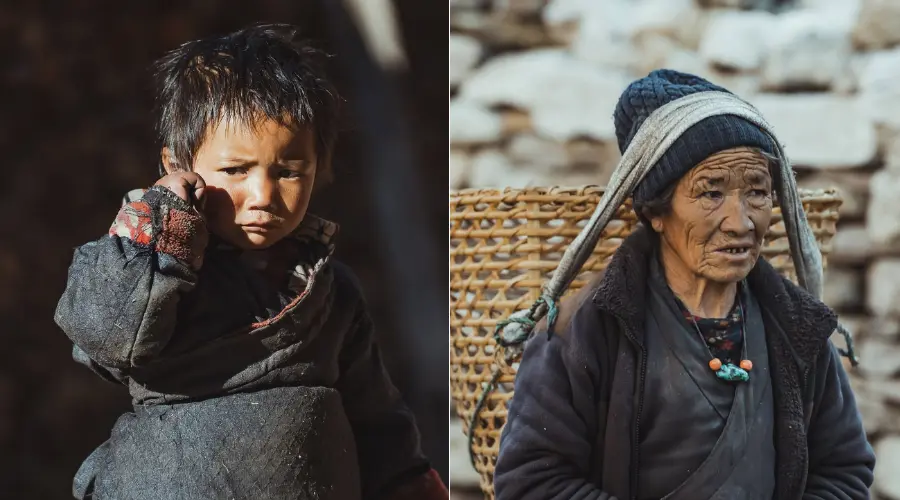
Where to Buy/Arrange Equipment?
You can rent or buy camping gear in Thamel, Kathmandu, or Pokhara Lakeside. For those booking through a company like Himalayan Masters, they’ll provide everything — from tents to kitchen utensils, included in the trek package.
Annapurna North Base Camp Trek
Trekking to the North Base Camp of Annapurna is a unique experience. It is a recently opened route, a rarely visited gem. The Annapurna North Base Camp Trek is a wild adventure to the lesser-known side of Annapurna I. The trail follows the route of the French Expedition of 1950 through rugged trails, deep forests, and remote Magar villages.
- Region: Annapurna Region (Myagdi District)
- Duration: 10–12 days
- Max Altitude: 4190 m/13,746 ft (Annapurna North Base Camp)
- Difficulty: Moderate to Strenuous
- Best Time: March-May and September–November
Highlights of Annapurna North Base Camp Trek
- Trek through the historical route of the first Annapurna ascent
- Pristine landscapes and undisturbed trails
- Cultural experience in villages like Narchyang and Chimkhola
- No teahouses — camping is the only option
Kanchenjunga Base Camp Trek (North & South)
Mount Kanchenjunga Base Camp Trek is one of the most beautiful treks in Nepal. This trek takes trekkers to the base of the world’s 3rd highest mountain, Kanchenjunga. It’s wild, rarely trekked, and full of spectacular mountain views and authentic village life.
- Region: Eastern Nepal
- Duration: 20–26 days
- Max Altitude: 5143 m/16,863 ft (Kanchenjunga North Base Camp)
- Difficulty: Challenging
- Best Time: March-May, September–November
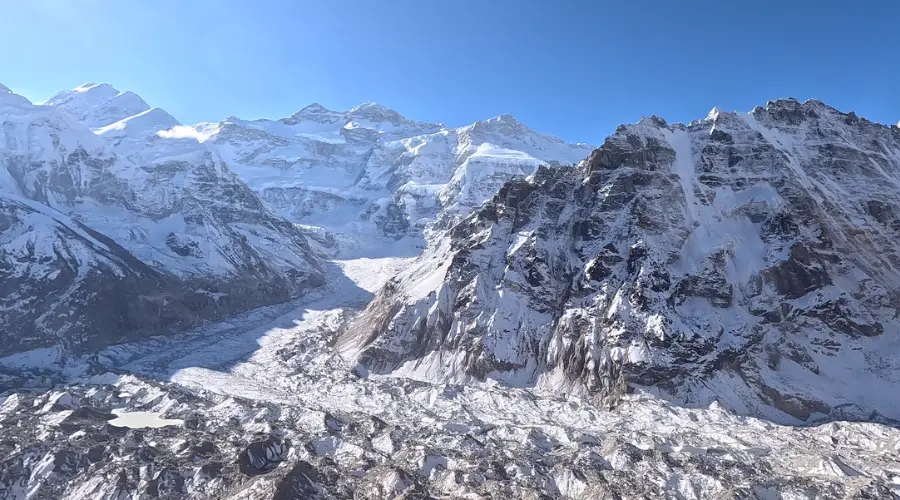
Highlights of Kanchenjunga Base Camp Trek
- Trek to both North and South Base Camps
- Yalung Glacier and alpine forest trails
- Explore the Kanchenjunga Conservation Area’s untouched and rich biodiversity
- Full camping is required in the northern sections
Where to Buy/Arrange Equipment?
Thamel and Biratnagar have limited supplies, so it is better to buy trek gear in Kathmandu. Bookings with tour companies cover all camping logistics.
Makalu Base Camp Trek
Untouched, Makalu Base Camp is wild and adventurous and passes through the Makalu Barun National Park. The trail passes through terraced fields, rhododendron forests, and gigantic glaciers.
- Region: Eastern Nepal
- Duration: 14–20 days
- Max Altitude: 4870 m/15,978 ft (Makalu Base Camp)
- Difficulty: Strenuous
- Best Time: March-May, October–November
Highlights of Makalu Base Camp Trek
- Stunning views of Mt. Makalu
- Trek through remote Barun Valley
- No lodges past Num — camping necessary
Where to Buy/Arrange Equipment?
The gear is best arranged in Kathmandu. Local porters and cooks can be hired in Tumlingtar or from Kathmandu.
Dhaulagiri Circuit Trek
A trek on the rugged terrain around the massive Dhaulagiri Himal is the Dhaulagiri Circuit Trek. During the trek, you’ll cross glaciers, trek through some of the highest passes in Nepal, and sleep in frozen camps at extreme altitudes.
- Region: Western Nepal
- Duration: 18–20 days
- Max Altitude: 5360 m/17,585 ft (French Pass)
- Difficulty: Extreme
- Best Time: April–May, October–November
Highlights of Dhaulagiri Circuit Trek
- Dhaulagiri Base Camp and Hidden Valley
- French Pass and Dhampus Pass crossings
- Requires full camping due to remoteness
Where to Buy/Arrange Equipment?
Camping gear is arranged in Pokhara or Kathmandu. Trekking agencies handle all logistics, including altitude gear.
Lumba Sumba Pass Trek
Connecting the Kanchenjunga and Makalu regions, this trail leads through forests, yak pastures, and high-altitude wilderness.
- Region: Eastern Nepal
- Duration: 18–20 days
- Max Altitude: 5160 m/16,929 ft (Lumba Samba Pass)
- Difficulty: Hard
- Best Time: April–May, September–November
Highlights of Lumba Sumba Pass Trek
- Crossing the wild Lumba Sumba Pass
- Trekking through secluded valleys and cultural villages
- Very limited infrastructure — pure camping trek experience
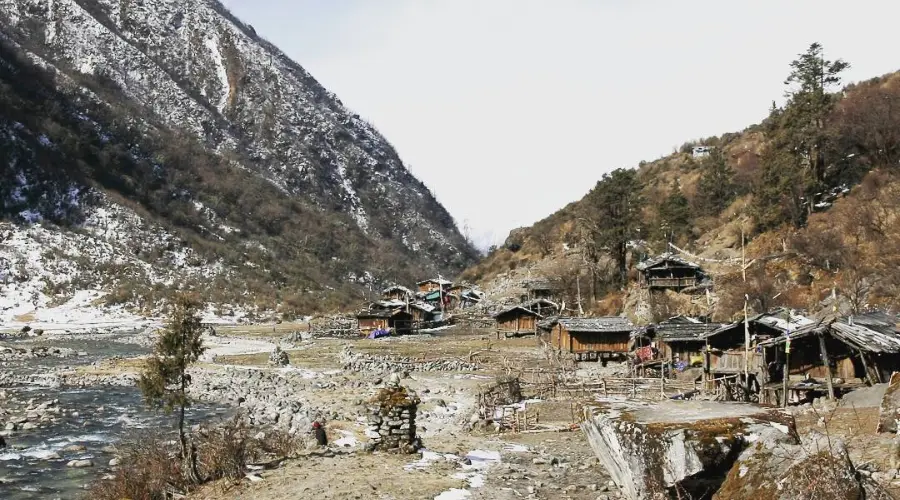
Where to Buy/Arrange Equipment?
Get everything from Kathmandu. You may need to transport equipment via plane to Taplejung.
Nar Phu Valley with Tilicho Lake Trek
Trekking to two of the Tibetan-influenced villages, Nar and Phu, is a real hidden gem in the Annapurna region. The Nar Phu Valley Trek traverses through the Tibetan villages and Tilicho Lake.
- Region: Annapurna
- Duration: 17–20 days
- Max Altitude: 5320 m/17,454 ft (Kang La Pass)
- Difficulty: Moderate–Strenuous
- Best Time: March-May, September–November
Highlights of Nar Phu Valley with Tilicho Lake
- Explore Nar and Phu villages
- Trek to Tilicho Lake and Tibetan monasteries
- Camping can be done in the Nar-Phu section
Where to Buy/Arrange Equipment?
Available in Kathmandu and Pokhara. Annapurna permits are needed — guided treks simplify the logistics.
Tsum Valley with Manaslu Circuit
Manaslu Tsum Valley Trek is one of the most exciting treks in the Manaslu region. This trek first traverses around the restricted Tsum Valley and then circuits around Mount Manaslu. Experience the spiritual side of the Himalayas with this deep cultural trek through Buddhist lands.
- Region: Gorkha
- Duration: 20–24 days
- Max Altitude: 5106 m/16,751 ft (Larkya La Pass)
- Difficulty: Hard
- Best Time: March-May, October–November
Highlights of Tsum Valley with Manaslu Circuit
- Explore Tsum Valley monasteries and festivals
- Crossing Larkya La Pass
- Trek through remote terrain with few teahouses
Where to Buy/Arrange Equipment?
Full gear must be carried from Kathmandu, as buying gear en route might be expensive. Permits are managed by registered trekking agencies.
Rolwaling Valley Trek
A wild and mystical trail west of the Everest region, known for glacier lakes and Sherpa heritage.
- Region: Between Everest and Langtang
- Duration: 12–18 days
- Max Altitude: 5,755 m/18,881 ft (Tashi Lapcha Pass)
- Difficulty: Hard
- Best Time: April–May, October–November
Highlights of Rolwaling Valley Trek
- Tsho Rolpa Lake
- Crossing Tashi Lapcha Pass
- Unmarked routes needing full camping gear
Where to Buy/Arrange Equipment?
Remember to buy camping gear and ropes in Kathmandu. Guides with climbing experience are recommended.
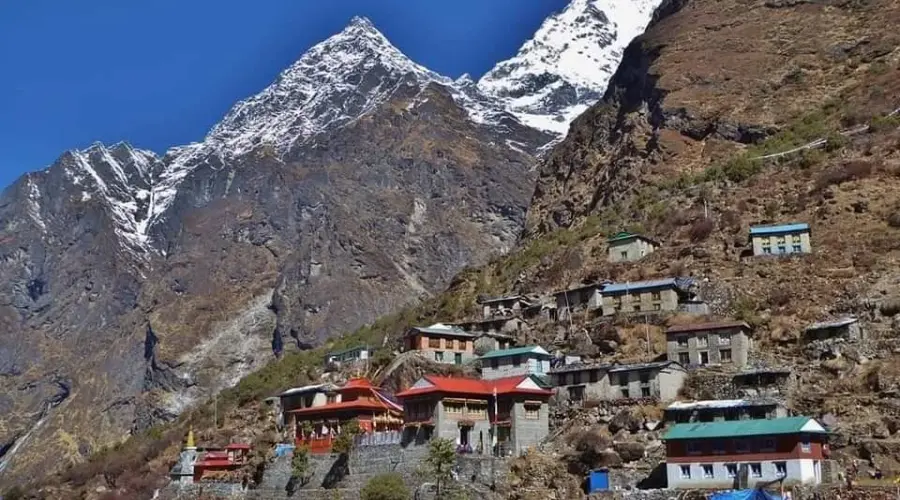
Rara Lake Trek
Reaching the biggest lake in Nepal, Rara Lake Trek is a complete off-the-beaten-path trek. This trek is especially known for its tranquil surroundings and rare wildlife.
- Region: Karnali
- Duration: 10–14 days
- Max Altitude: 3691 m/12,172 ft (Danphe Lagna Pass)
- Difficulty: Moderate
- Best Time: March-May, September–November
Highlights of Rara Lake Trek
- Stunning view of Rara Lake
- Rich flora and fauna of Rara National Park exploration
- Limited human settlements
Where to Buy/Arrange Equipment?
Jumla has very basic supplies. Rent or buy gear in Kathmandu before flying in.
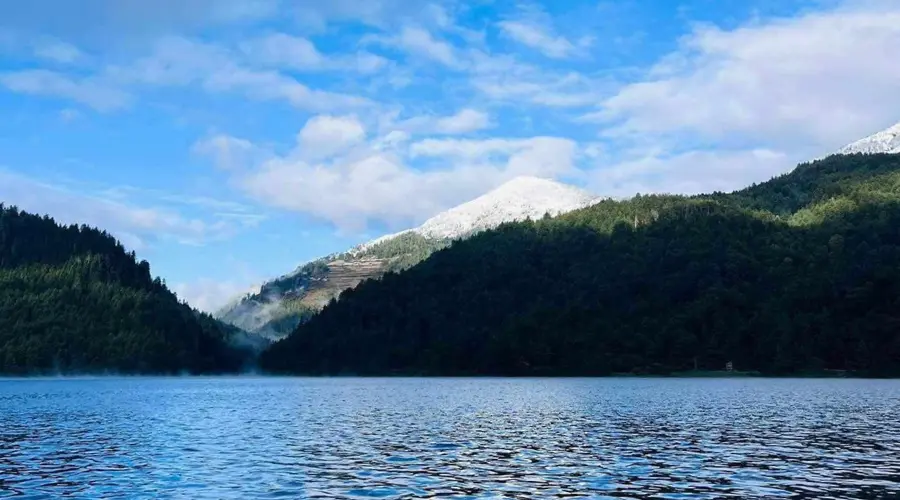
Guerrilla Trek
A cultural trek through areas once central to Nepal’s civil war — now a peaceful adventure through Magar communities.
- Region: Rukum, Rolpa
- Duration: 13–16 days
- Max Altitude: 3915 m/12,485 ft (Phalgune Pass)
- Difficulty: Moderate
- Best Time: March-May, October–November
Highlights of Guerrilla Trek
- Maoist-era routes and rural heritage
- Undisturbed mountain trails
- Fully camping-based
Where to Buy/Arrange Equipment?
Gear is available in Kathmandu or Pokhara. Guides from Rolpa or Rukum can be arranged locally or through agencies.
Panch Pokhari Trek
This spiritual trek leads to five sacred lakes nestled in the hills northeast of Kathmandu.
- Region: Sindhupalchok
- Duration: 10–12 days
- Max Altitude: 4262 m/14,642 ft (Panch Pokhari)
- Difficulty: Moderate
- Best Time: May–October
Highlights of Panch Pokhari Trek
- Five holy lakes with Hindu significance
- Amazing mountain scenery
- Mostly camping with a few local homes
Where to Buy/Arrange Equipment?
Camping gear can be bought in Kathmandu. While some villagers offer firewood and assistance for cooking.
Bhairav Kunda Trek
Ideal for spiritual trekkers, this trek climbs up to a sacred lake revered by Hindus and Buddhists.
- Region: Northeast of Kathmandu
- Duration: 9–11 days
- Max Altitude: 4250 m/13,943 ft (Bhairav Kunda Lake)
- Difficulty: Moderate
- Best Time: April–October
Highlights of Bhairav Kunda Trek
- Trek to sacred Bhairav Lake
- You can participate in social rituals and Tamang traditions
- Campsites near ridgelines are available
Where to Buy/Arrange Equipment?
All essentials should be packed from Kathmandu. You may find locals offering mules or porters.
Chepang Hill Trek
One of Nepal’s newest cultural routes gives insight into the Chepang people’s lifestyle.
- Region: Chitwan to Dhading
- Duration: 5–7 days
- Max Altitude: 1945 m/6,380 ft (Siraichuli)
- Difficulty: Easy
- Best Time: October–April
Highlights of Chepang Hill Trek
- Insight into a lesser-known Indigenous group
- Hilltop camps and sunrise points
Where to Buy/Arrange Equipment?
Minimal gear is needed. Basic camping kits can be arranged in Chitwan or Kathmandu.
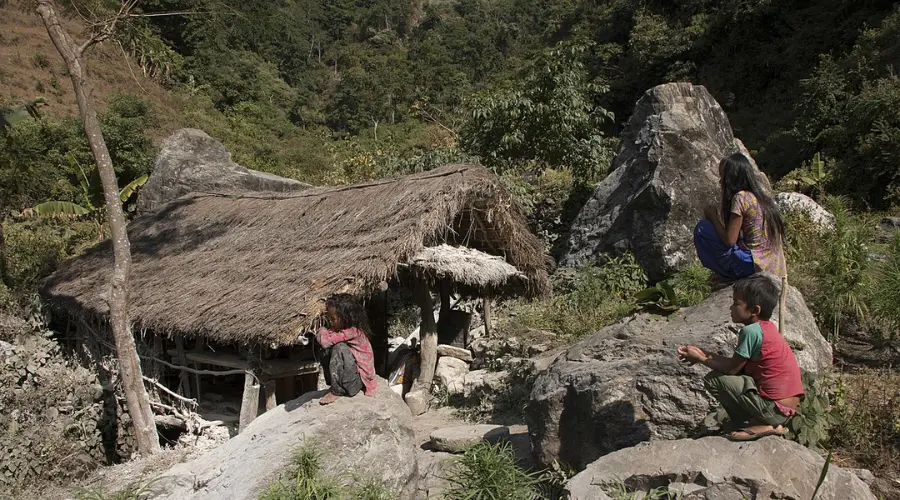
Great Himalayan Trail Sections (GHT)
This is the ultimate trek across Nepal — with multiple sections, each a mini-expedition.
- Region: East to West Nepal
- Duration: 30–60+ days
- Max Altitude: Up to 6000 m/19,685 ft
- Difficulty: Extreme
- Best Time: Varies by section
Highlights of the Great Himalayan Trail
- The entire Himalayan range is covered
- Pure wilderness and adventure
- Total camping in several regions
Where to Buy/Arrange Equipment?
Kathmandu is the base for preparation. Proper logistics planning is a must.
Why Choose Camping Treks in Nepal?
Camping treks in Nepal offer a more immersive experience than the teahouse trek. Though it might not be everyone’s choice, camping treks are a much more adventurous experience in the wilderness of the Himalayas.
Camping treks are usually organised in remote regions, where teahouses or modern facilities are rarely available. There is no pressure to reach a certain destination to spend the night. You can just camp anywhere you feel like or from where you can get some great views.
Likewise, you get to eat what you cook. Though it might be a little challenging task to cook, I’m sure it’s going to taste better. For convenience, you can hire a chef who can cook for you and porters to carry all your gear.
Then, you can light a bonfire, sit around the fire with friends and family and have a little chat. Finally, you call the day successful and go to bed. But before that, do not forget to stargaze; the night sky in the Himalayas is really mesmerising.
How is Camping Trek Operated in Nepal?
Camping treks in Nepal are quite challenging and thrilling. You require full planning and support. Further, a professional guide and a well-organised team ensure a safe and enjoyable trek in the rough terrains of the mountains.
You do not have anything to worry about the logistics. Trekking agencies like Himalayan Masters will arrange all the camping gear, cooking equipment, and even portable toilets. This makes your trip comfortable and sustain in harsh conditions.
These treks are fully supported, ensuring that you eat healthy, sleep well and have a cheerful journey without needing any local infrastructure.
Short Vs Long Camping Trek in Nepal
There are lots of camping trek options in Nepal, short and long. Depending on your free time, physical condition and experience, you can choose from 5-10 days of a short trek or up to 30 or more days of trek.
The main idea behind selecting a trek can differ depending on the terrain, difficulty level, and preparation.
If you are looking for a short trekking option in Nepal and/or a beginner trekker, then Chepang Hill Trek (5-7 days), Bhairav Kunda Trek (9-11 days) or Panch Pokhari Trek (10-12 days) are ideal for you.
Furthermore, if you have decent physical strength and some camping trek experience, then Rara Lake Trek (10–14 days), Rolwaling Valley Trek (12-18 days), Guerrilla Trek (13-16 days), or Makalu Base Camp Trek (14-20 days) are ideal for you.
However, if you are looking for more raw and adventurous camping treks, then Lumba Sumba Pass Trek (18-20 days), Kanchenjunga Base Camp Trek (20-26 days), or Upper Dolpo Trek (25-27 days) are best. Then, there is the Great Himalayan Trail, which can last for more than 60 days.
Camping Trek vs Teahouse Trek
Doing a camping or teahouse trek in Nepal is a confusing choice for many. The choice entirely depends on your preference and physical condition. They have their own pros and cons, so it’s essential to know all sides and make decisions carefully.
So, let’s compare the teahouse trek vs the camping treks in Nepal.
| Features | Camping Trek | Teahouse Trek |
| Experience | Raw, personalised, remote, immersive | Convenient, social |
| Suitable For? | Adventurers, photographers and videographers | Beginner trekkers, cultural trekking |
| Trekking Route | Remote trail | Popular, marked trail |
| Comfort | Basic facilities | Cozy and Comfortable |
| Duration | About 10 to more than 30 days | Usually 5-20 days |
| Permit | Often requires a special permit | Standard permits |
| Cost | Expensive | Comparatively cheaper |
| Accommodation | Tents | Basic teahouse/lodge |
| Food | Prepared by yourself/chefs | Prepared in teahouses |
How to Prepare for a Camping Trek in Nepal?
The best way to prepare for a camping trek in Nepal is to keep it simple. First thing, we suggest you do some personal research on the types and requirements for camping treks. Then, you can contact camping trek organising agencies, at least 2-3 agencies, and then ask about all the logistics and services they provide during the journey. It is also essential to see their reputation, success rate, and reviews.
Here are other things you must consider while preparing:
- Build physical strength and endurance through regular cardio and hiking.
- Rent or purchase good-quality camping gear like sleeping bags, tents, clothing (according to the season you trek), etc.
- Book your trek in advance. Agencies will need to arrange all the transport and staff, plan routes, and issue permits. Sometimes, it might take longer to issue a permit.
- Be prepared for the altitude, especially for high-altitude treks like the Rolwaling Valley Trek, the Kanchenjunga Base Camp Trek, and the Upper Dolpo Trek.
- Mental preparation is equally important. Be prepared for remote terrain with no internet, toilet, shower, etc.
FAQs
Is a camping trek more expensive than a teahouse trek?
Yes, because it requires more staff, logistics, and gear, a camping trek is more expensive than a teahouse trek.
Do I need previous trekking experience for a camping trek?
Not always. Shorter camping treks are suitable for beginners. But for camping treks in Nepal requiring a longer duration, previous camping trek experience is recommended.
Is it safe to do camping treks in remote areas?
Yes, when organised through reputable agencies with experienced guides, it’s safe to go on camping treks in remote areas.
When is the best time for a camping trek in Nepal?
Spring (March-May) and autumn (September–November) are the ideal times for camping or a teahouse trek.
What’s the group size for camping treks?
Usually, a group of 4 to 12 people is manageable for a camping trek, but private trips can be arranged.
Can I do a solo camping trek?
While it is possible to do a solo camping trek, we do not recommend it. Most camping treks in Nepal require guides and are in restricted zones.
Are there toilets and showers on camping treks?
No built facilities are available during the camping trek, but portable toilets and rivers can be used.
Do I need to bring my own camping gear?
No. Agencies can manage everything needed for camping and trekking.
Can Himalayan Masters manage camping treks at all the locations mentioned?
Yes, Himalayan Masters specialises in organising all the listed camping treks in Nepal.
Is camping allowed in Nepal everywhere?
No. Camping in protected zones without permits is not allowed. Ask your agency beforehand.
Want to know more?
Speak to an Expert


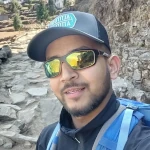


Sandip Dhungana
Nepal 🇳🇵
Whatsapp: +977-9823636377

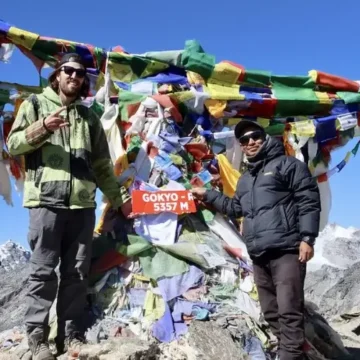
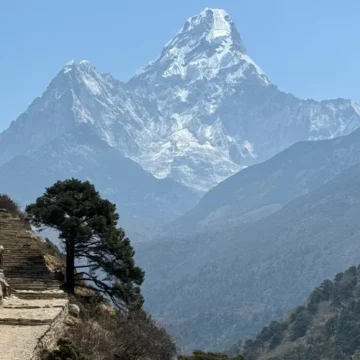
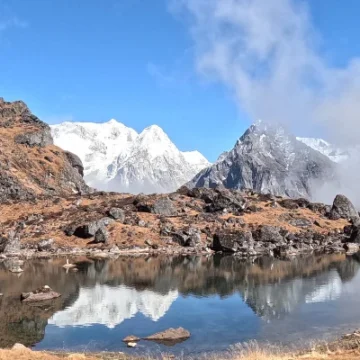
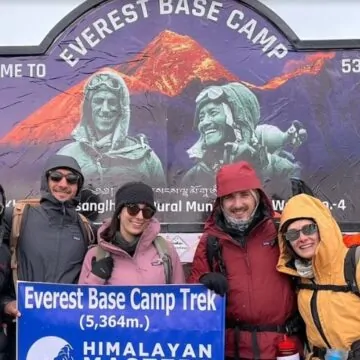
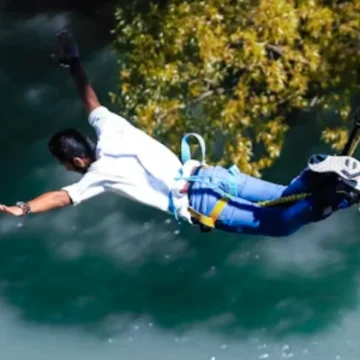
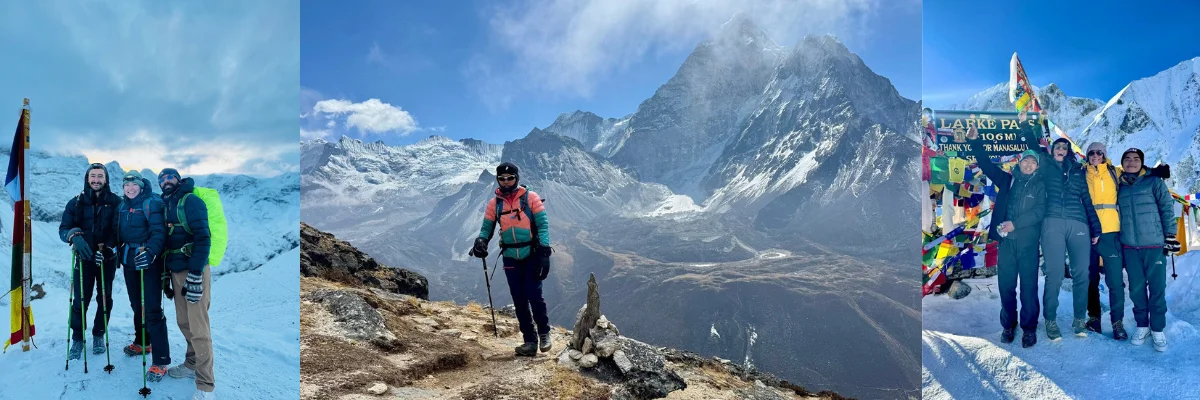
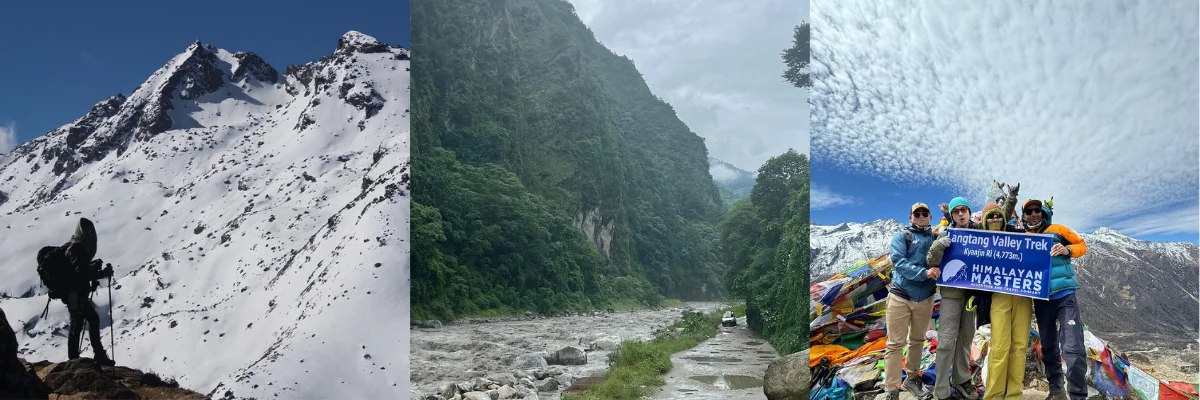

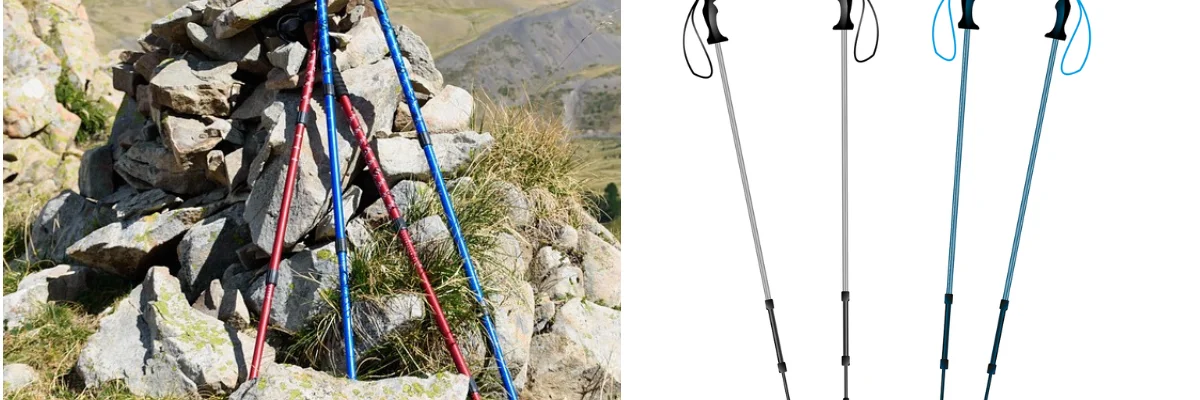
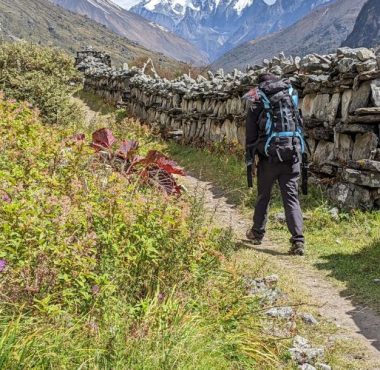

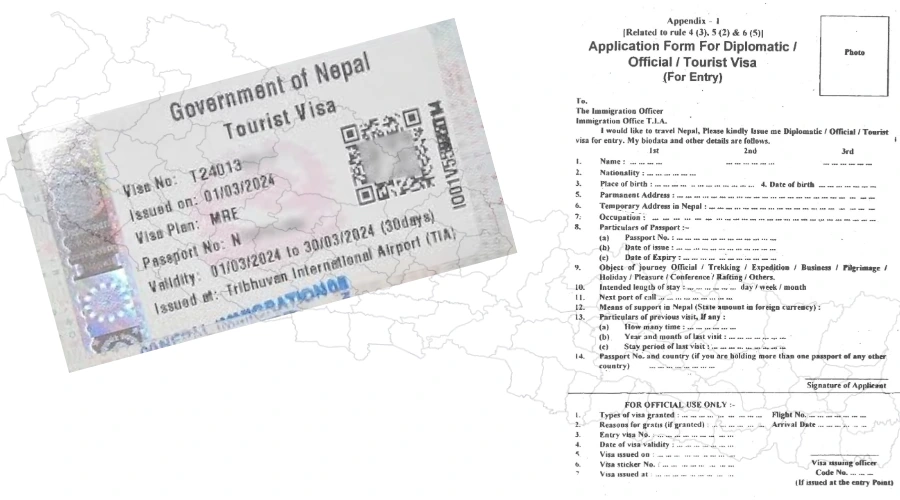






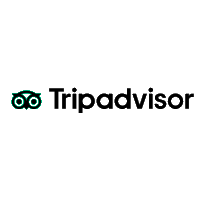
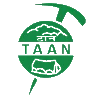

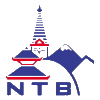
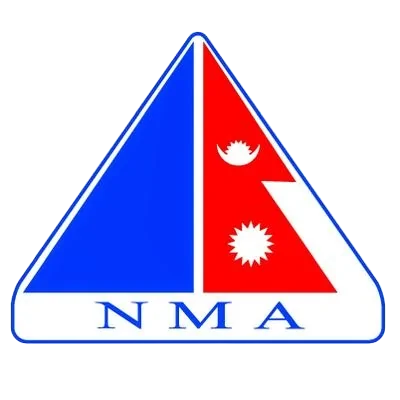

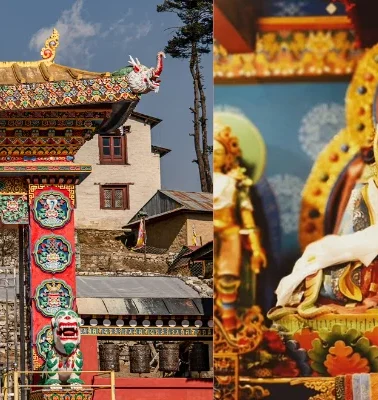
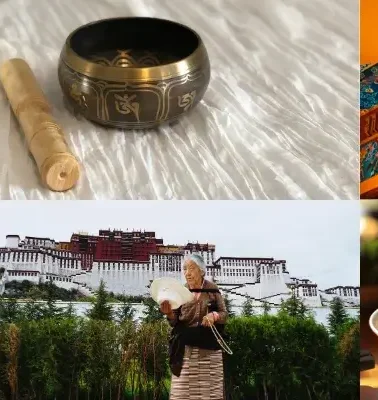
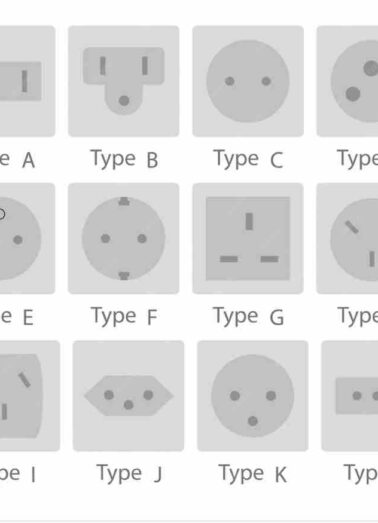
Leave Your Comment